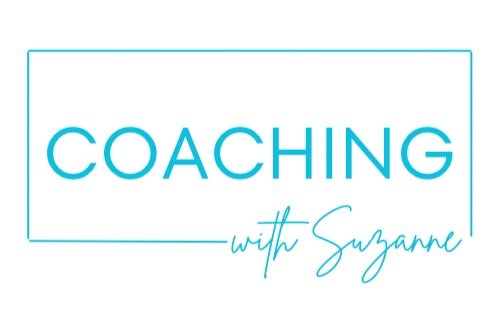Why Saying No Feels So Scary
You know that moment — your stomach tightens, your throat constricts, and your brain starts looking for a way out.
Maybe someone asked for your time, your energy, your help, or your presence. And even though your whole body was saying “I don’t want to,” what came out instead was, “sure, no problem.”
There is nothing wrong with you. You’re not broken. There are very real reasons why this feels so hard.
You Were Taught to Be Nice, Not Honest
Many of us were raised to be polite, agreeable, and helpful. We were praised for being easygoing and accommodating. And somewhere along the way, we internalized the belief that being “good” meant saying yes - even when we didn’t mean it.
Saying no wasn’t modeled as a healthy choice. So it makes sense if that feels rude, selfish, or mean.
You’re Afraid of Disappointing or Upsetting Others
One of the biggest fears recovering people-pleasers face is this: “What if they’re mad at me?”
We fear rejection, conflict, and being seen as difficult. Deep down, many of us equate saying no with losing love, approval, or connection. And when you’ve built your identity around being liked or needed, saying no can feel like a threat to your sense of belonging.
You Feel Guilty When You Prioritize Yourself
Even when your no is clear and justified, guilt has a way of creeping in.
You might tell yourself:
“They really need me.”
“It’s not that big of a deal.”
“I should be able to handle it.”
But guilt isn’t always a sign you’ve done something wrong. Sometimes it’s just a sign you’re doing something new — like honoring your own limits.
You Feel Responsible for Everyone’s Emotions
Here’s a sneaky pattern I see all the time in recovering people-pleasers: confusing kindness with responsibility.
You’re not responsible for how someone feels about your boundary. You’re responsible for communicating it clearly and kindly. That’s it.
How they receive it is their work — not yours.
You’re Not Used to Practicing It
If you’ve spent years automatically saying yes, it makes sense that saying no feels clunky, awkward, or even scary.
But boundaries are like muscles. The more you practice, the stronger and more natural they become.
So What Can You Do?
Start small. Practice saying no in low-stakes situations — even if it’s just saying no to a free sample at the store. And if no feels too scary at first, here are some other options to try:
No, thanks
Not this time
I’m not available
Maybe another time
I won’t be able to make it
Every time you say no when you mean no, you build self-trust. You show your nervous system: It’s safe to have boundaries. It’s safe to be me.
A Gentle Challenge
What’s one thing you’ve been saying yes to that you don’t want to?
What would it feel like to give yourself permission to say no?
Even if your voice shakes or your heart races — you can do this.
You’ve got this. I believe in you
If this resonates with you, we might be a good fit to coach together. I invite you to schedule a free consultation with me to meet, chat about what you’re navigating or struggling with right now, and to see if I’m the right coach for you. I can’t wait to meet you.

